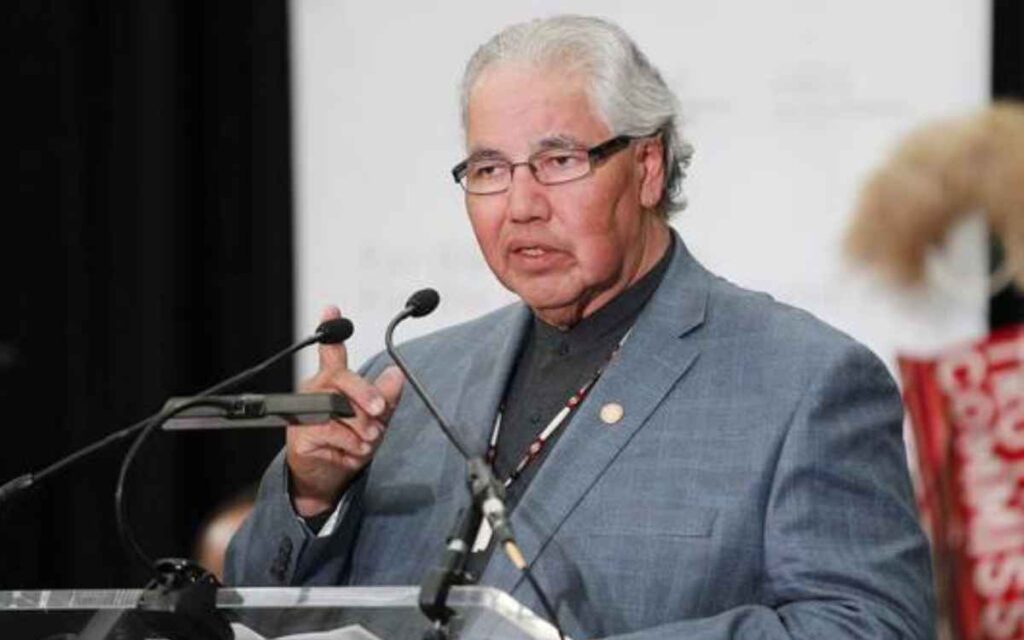
Sinclair was more than a jurist or a senator; he was a visionary who held up a mirror to Canada. Pictured: The late Murray Sinclair. Photo Credit: Hon. Murray Sinclair/Facebook
Last week Canada said its final goodbye to man who dedicated his life to giving voice to those who were voiceless. Throughout his life Murray Sinclair was devoted to justice, reconciliation, and the reshaping of Canada’s relationship with its Indigenous peoples. A trailblazer as Manitoba’s first Indigenous judge and a former senator, Sinclair’s contributions extended far beyond the courtroom. As the chair of the Truth and Reconciliation Commission (TRC), he challenged Canada to confront a dark chapter of history and laid out a transformative path toward healing.
Born in 1951 on the Peguis First Nation in Manitoba, Sinclair’s life was shaped by tragedy and resilience. Losing his mother at a young age, he was raised by his grandparents, who instilled in him the values of education and community service.
Sinclair’s career began in law, where he quickly encountered the systemic racism ingrained in Canada’s legal system. These experiences propelled him to use his role not just to practice law but to redefine it by incorporating Anishinaabe principles and advocating for marginalized communities.
In 1988, Sinclair was appointed as Manitoba’s first Indigenous judge. His work in inquiries like the Manitoba Aboriginal Justice Inquiry and the pediatric deaths at a Winnipeg hospital revealed systemic failures and led to sweeping reforms. Yet, it was his leadership of the TRC from 2009 to 2015 that solidified his place in Canadian history.
Under Sinclair, the TRC heard the testimonies of thousands of residential school survivors, documenting their harrowing experiences and uncovering the widespread abuses of the system. The Commission’s 94 Calls to Action remain a roadmap for addressing the legacy of residential schools and achieving reconciliation. Sinclair’s ability to translate pain into purpose was unparalleled; he transformed the survivors’ trauma into a collective mission for the nation.
Sinclair’s legacy is not just in the pages of the TRC report but in his relentless optimism and belief in education as the foundation of reconciliation. “Education got us into this mess,” he famously said, “and education will get us out of it.” His efforts to bring Indigenous voices and perspectives into the mainstream reshaped national discourse and inspired new generations of leaders.
Despite his achievements, Sinclair’s work underscored the unfinished business of reconciliation. As of last year, 13 of the TRC’s 94 Calls to Action had been fully implemented. This slow progress highlights the challenges ahead and the need for Canadians to honor Sinclair’s legacy not just with words but with sustained action.
Sinclair was more than a jurist or a senator; he was a visionary who held up a mirror to Canada and demanded it see itself truthfully. His death is a profound loss, but his legacy offers a call to continue the journey he started. The torch he carried now passes to all of us to ensure his vision of a more just and inclusive Canada becomes reality.

Daniel Perry is a Senior Consultant with Hill & Knowlton, Canada’s leading public relations and public affairs firm. He is an experienced campaigner and has provided political advice at all levels of government. Daniel has received a number of awards during his career including being voted Ottawa’s top consultant by his peers.




















